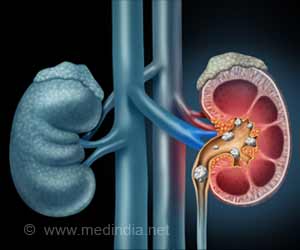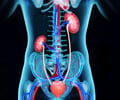Adults with kidney failure who are receiving dialysis treatments were found to be more proficient in using mobile health and are willing to use it n the future as well.

‘Adults with kidney failure who are receiving dialysis treatments were found to be more proficient in using mobile health and are willing to use it n the future as well.’





“Importantly mobile technology has been used to improve treatment adherence; address patient-reported symptoms in real time; improve nutrition, activity and mental health; assist in empowering patients to reverse the predominantly one-way care delivery system; and place the patient at the center of their own health care,” said Wael Hussein, MD, of Satellite Healthcare.A limiting factor for healthcare providers and technology developers is whether people on dialysis are ready to use mobile health. Dr. Hussein and his colleagues conducted a survey of adults with kidney disease who were undergoing dialysis to assess the availability of mobile devices and the Internet for such patients, and to get a sense of their proficiency and interest in using mobile health.
A total of 949 patients (632 receiving hemodialysis and 317 receiving home dialysis) across 3 U.S. states completed the survey. Among participants, 81% owned smartphones or other Internet-capable devices, and 72% reported using the Internet. The majority (70%) reported intermediate or advanced mobile health proficiency.
The main reasons for using mobile health were for making appointments (56%), communicating with healthcare personnel (56%), and obtaining laboratory results (55%). The main concern with mobile health was privacy and security (18%).
Mobile health proficiency was lower in older patients, participants with Hispanic/Latinx ethnicity, and those with less than college education. Employment was associated with higher proficiency.
Advertisement
An accompanying editorial notes that applying mobile health to kidney care could benefit from a number of lessons learned from other clinical areas where the use of apps is more widespread.
Advertisement
Study co-authors include Paul N. Bennett, PhD, Sloane Pace, BSc, Shijie Chen, MPH, Veronica Legg, MS, Jugjeet Atwal, DPrMan, Sumi Sun, MPH, and Brigitte Schiller, MD.
Source-Newswise















